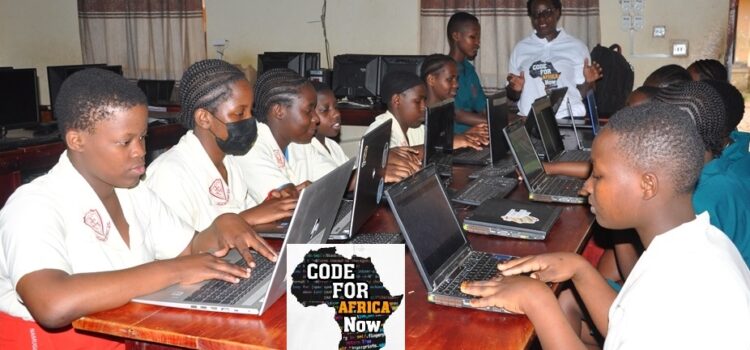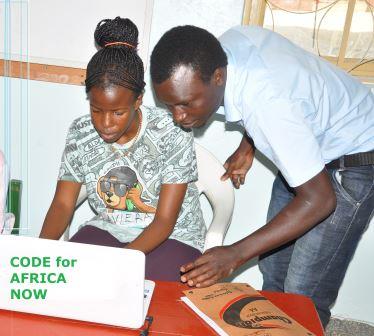In the rapidly evolving landscape of the 21st century, the digital age has ushered in unprecedented opportunities and challenges. Now, more than ever, the ability of a nation to thrive is intricately linked to its capacity to navigate the digital realm. For Africa, a continent rich in diversity and potential, the imperative to skill its population for the digital age is not just a necessity but a strategic imperative.
Africa, despite its vast resources, has grappled with a persistent digital divide. Disparities in access to technology and digital skills have hindered the continent’s ability to fully harness the transformative power of the digital age. Rural-urban disparities, gender imbalances, and inadequate infrastructure contribute to this divide, leaving a substantial portion of the population on the fringes of the digital revolution.
Skilling Africa to thrive in the digital age is not just a matter of technological proficiency; it is a cornerstone of economic development. Digital literacy and technical skills are prerequisites for participating in a globalized economy. By equipping its workforce with the necessary skills, Africa will attract foreign investment, foster entrepreneurship, and create a vibrant digital ecosystem that contributes to economic growth.
The digital age is characterized by rapid innovation and the rise of disruptive technologies. To thrive in this environment, Africa must cultivate a culture of innovation and entrepreneurship. Skilled individuals are the driving force behind technological advancements, and by investing in education and training programs, Africa will incubate a generation of innovators who can address local challenges and contribute to global progress.
At the heart of skilling Africa for this digital age is a robust and adaptive education system. Governments, in collaboration with private sector stakeholders, must prioritize investments in education infrastructure, curriculum development, and teacher training. Introducing coding, data science, and other relevant digital skills into the formal education system should be prioritized to equip the youth with the tools necessary for the jobs of the future.
Skilling Africa in this digital age requires a concerted effort from both public and private sectors. Governments need set the policy framework and invest in foundational infrastructure, while private enterprises contribute through training programs, mentorship initiatives, and collaborations with educational institutions. By fostering strong public-private partnerships, Africa shall leverage the strengths of each sector to create a holistic and sustainable skilling ecosystem.
Skilling Africa to thrive in the digital age is not just a developmental goal, but rather a strategic imperative for the continent’s future. By investing in education, fostering innovation, and promoting digital inclusion, Africa will position itself as a key player in the global digital economy. The time to act is now, and through collaborative efforts, Africa shall unlock its true potential and chart a course towards a prosperous and digitally empowered future.







Recent Comment
Governance in the Fourth Industrial Revolution: A Balancing Act
Digital Literacy: Empowering the Future in Africa